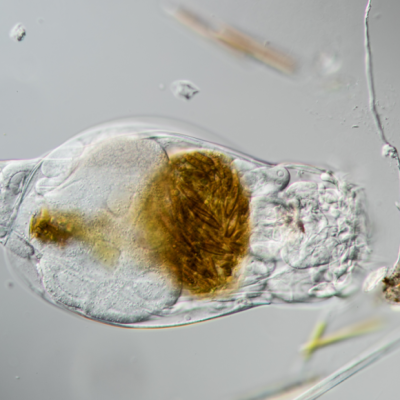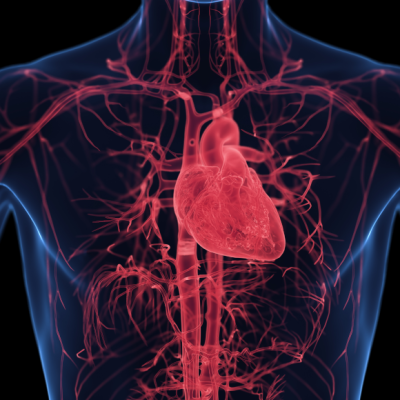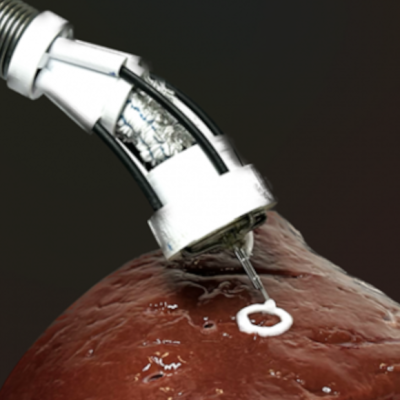A modular robot fish named “Gillbert” has been developed to clean bodies of water from microplastics. The concept was created by a non-expert student as part of the Natural Robotics Contest, which was launched by scientists at the University of Surrey to encourage the development of biomimetic robots. The winning design, an open-source fish robot that collects microplastics from water, can be downloaded for free, and technical details are available on the preprint server arXiv. The robot filters water by opening and closing its mouth, using an artificial tongue to push water through its gills, and a nylon net to filter out plastic particles larger than two millimeters. The robot is powered by fins located on its rear module, and during a test in a lake, it was able to dive and swim at a speed of 5 cm/ with a tail beat frequency of 2 Hertz.
However, the robot’s speed is limited by its small motors and the high resistance of the filter head, and it also encountered problems with air trapped in its mouth. To increase its speed, researchers plan to improve the design and stiffness of the tail fins and develop a docking station to recharge the robot and pump out the collected plastic. Autonomous operation is also necessary to remove larger amounts of microplastics from bodies of water. The Natural Robotics Contest aims to show that non-experts can contribute to the development of robotics, especially in biomimetic robots that mimic biological models. The contest seeks new ideas for bio-inspired robots that can help the world, and the winning design of the modular robot fish “Gillbert” is a promising step towards cleaning up our waterways.
According to Robert Siddall, the founder of the Natural Robotics Contest, biomimetic robots are ideal because many people have an intuitive understanding of plants and animals. The contest encourages people from different backgrounds to contribute to the development of robotics, and the winning design of the modular robot fish “Gillbert” is a testament to the power of interdisciplinary collaboration. The robot’s ability to filter microplastics from water is a crucial step towards addressing the global problem of plastic pollution, and the open-source nature of the design allows for widespread adoption and improvement. With further development and refinement, “Gillbert” could become a valuable tool in the fight against plastic pollution in our oceans, lakes, and rivers.










